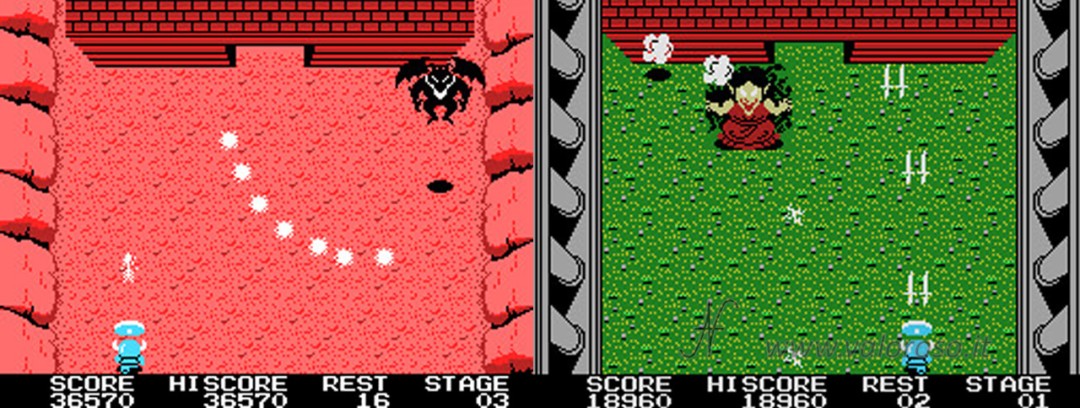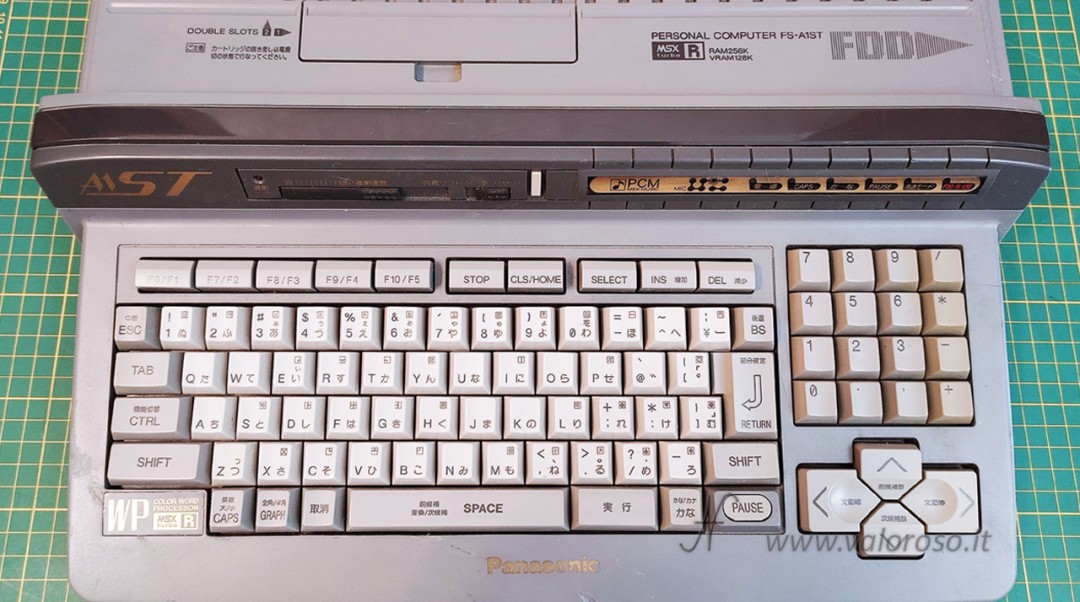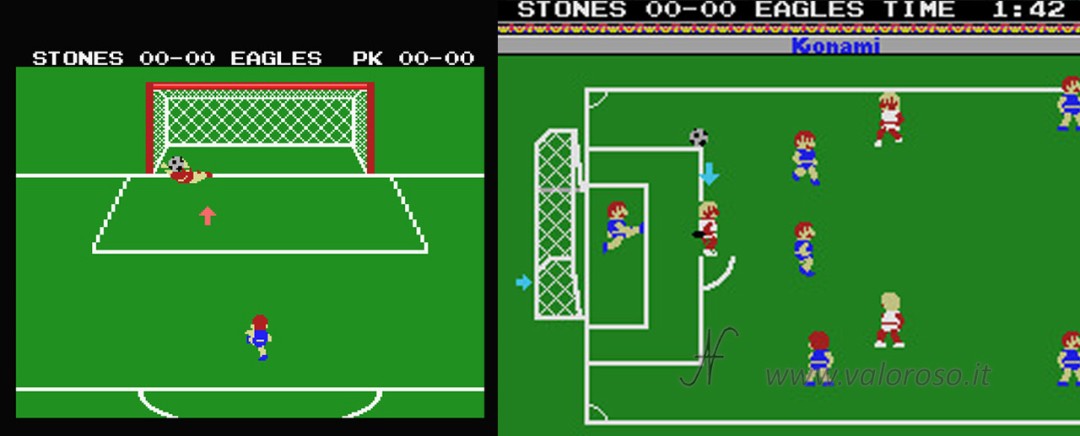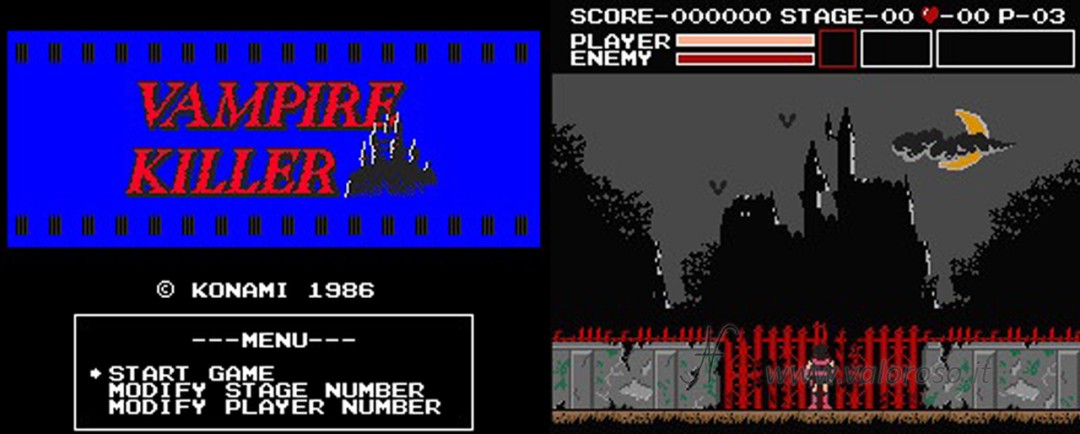Let's delve into the world of MSX computers, going back to the 80s and 90s. We explore the history, technical characteristics and some of the most famous games, together with Fabio G. Massa, known to friends as BioMassa, in an interview recorded at Varese Retrocomputing 2023.

History of MSX computers
MSX (Machines with Software eXchangeability) was introduced in 1983 as a unified standard for home computers. Designed by Kazuhiko Nishi's ASCII Corporation, with the involvement of Bill Gates' Microsoft for the development of the MSX BASIC and MSX-DOS, MSX aimed to create a standard interface that allowed software to be shared between different brands of devices. This standard has allowed manufacturers such as Philips, Sony, Panasonic and others to create computers that are compatible with each other, sharing the same operating system and hardware features.
The MSX standard has spread mainly in Japan, where it was created, but also in Europe, in particular in the Netherlands (due to the presence of Philips) and in Spain.

Technical characteristics of the MSX models
In the interview, Fabio Massa shows three MSX computer models: the Philips VG-8020, the Philips NMS 8220 MSX2 and finally the Panasonic FS-A1ST MSX Turbo-R.
The Philips VG-8020, produced in 1984, is an early example of the MSX standard, equipped with a Z80 processor and 64 KB RAM. The Philips NMS 8220, from 1987, represents an advanced version of MSX2, because it is equipped with a more advanced graphics chip. Generally, the MSX2 standard included 128KB of RAM, but this model only had 64KB. Finally, the Panasonic FS-A1ST MSX Turbo-R, produced only in Japan, features a more powerful and faster ASCII R800 processor, offering superior performance compared to its predecessors, but there is also a Z80 processor to ensure compatibility with the precedents.


MSX computer games
During the presentation, Fabio Massa also reviews some MSX games. Konami Soccer, one of Konami's first soccer games, is considered the "grandfather" of Pro Evolution Soccer – PES.

Another game that Fabio showed us is Vampire Killer, the name given in the West for the MSX version of the first chapter of the famous Castlevania saga.

MSX BASIC e Standard MSX
MSX BASIC, developed by Microsoft, was one of the key elements of the MSX standard. It derives from Microsoft BASIC and GW-BASIC, and allowed users to take advantage of a powerful and versatile language to create customized programs and games, contributing to the popularity of MSX.
In fact, in Japan, MSX computers were popular in schools for this reason as well. The MSX standard attempted to revolutionize the home computing landscape of the time by providing a unified interface and facilitating the development and sharing of software between different brands of computers.

Subscribe to my channel and stay up to date
If you're passionate about retro computers and the world of vintage electronics, don't miss out on these exclusive retro-explorations! Subscribe to our YouTube channel (@ValorosoIT) to access experiments, interviews and lectures. Like, share, and stay up-to-date on all things retrocomputing and vintage electronics. I'm also on TikTok, Instagram, Facebook...